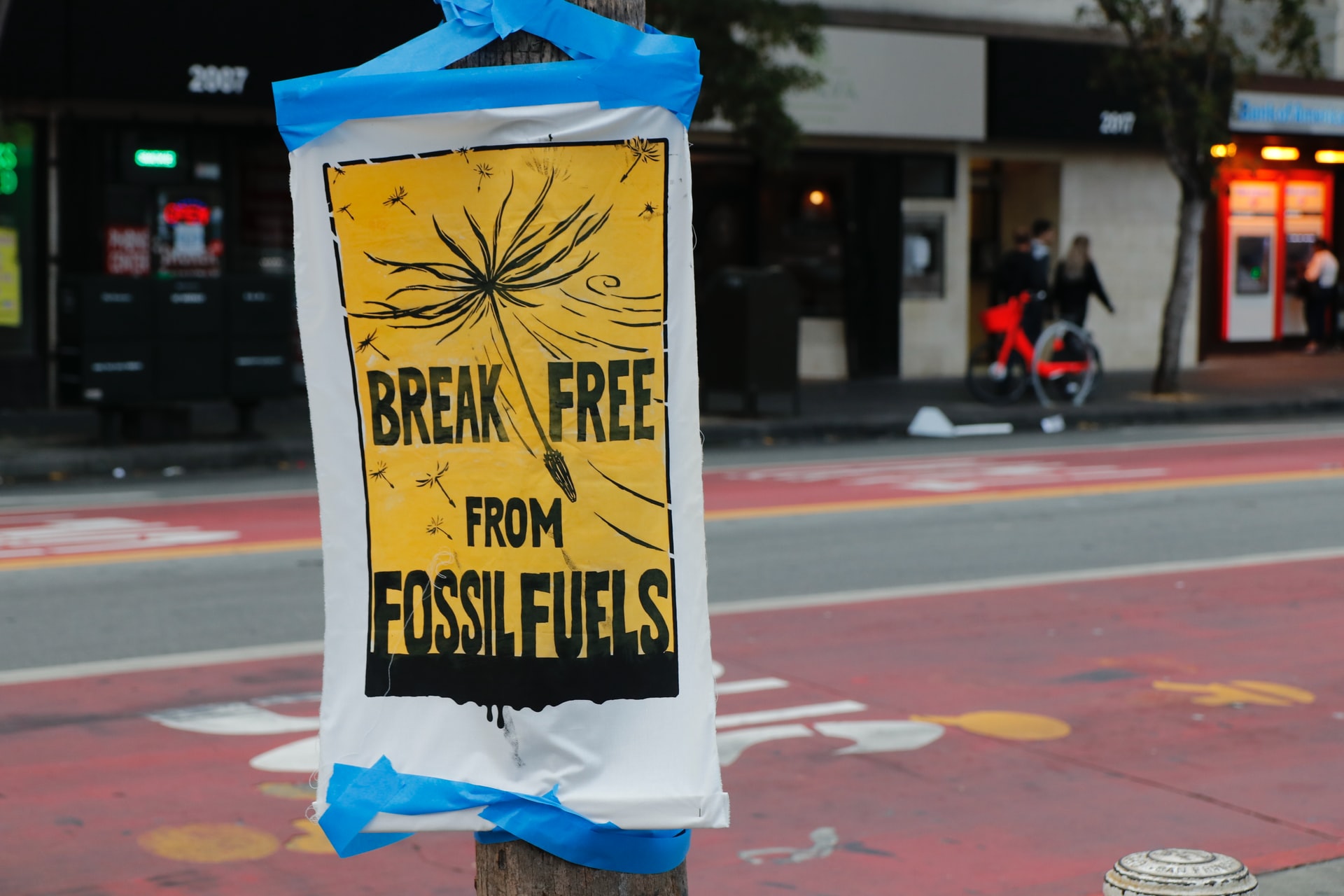Introduction: Transitioning Away From Fossil Fuels
Lithium, an alkali metal found in consumer electronics that is now powering the world’s growing fleet of electric vehicles and solving renewable energy’s intermittency issue, has often been cited as a key element in the transition away from fossil fuels. This is highlighted by the skyrocketing prices of lithium carbonate, a key component of lithium-ion batteries, further bolstered by the major investments into sustainable transport and energy made by the United States and other global leaders. Lithium rapidly became the world’s most prized commodity, and nations with large deposits are being compared to a pre-oil boom Saudi Arabia – a somewhat ironic comparison considering the content. But why exactly has lithium gained such popularity, and how can this silvery-white metal replace fossil fuels?
Benefits of Lithium
The popularity of fossil fuels within both the transport and energy sector is due to its high energy potential, well-established extraction and processing infrastructure, and the relative low-cost of production. Unfortunately, fossil fuels are also incredibly polluting, releasing high amounts of carbon dioxide and other greenhouse gasses responsible for the deregulation of the planet’s environment. With the impacts of climate change beginning to be felt globally, and several reports warning of worsening consequences, global governments have collectively agreed to shift to a net-zero economic model.
Going net-zero means achieving a balance between the greenhouse gasses produced through human activity and those captured by nature or through other technological means. Net-zero has become a key global development goal, and countries are trying to reduce their carbon footprint as quickly as possible by adopting electric mobility, renewable power, and a circular economy. Lithium is intrinsically linked to two of those goals, and can have a significant impact on the third.
An Energy and Transport Solution
Replacing fossil fuels in the energy industry involves ramping up renewable energy production significantly in a way that enables it to replace coal, natural gas and petrol, but also providing the same base-load energy that they provide. Detractors have often faulted solar or wind energy for not being a constant production source – but with appropriate energy storage systems, they can easily outperform fossil fuels. Research and development into lithium batteries for EVs have helped advance our knowledge and capacity to implement large-scale batteries energy grids of all sizes.
Lithium-ion batteries are powerful, lightweight and of very high energy density, giving them a large storage capacity. This, combined with lithium-ion batteries’ ability to recharge multiple times without losing its efficiency makes it the go-to energy storage system for EVs and renewable power. Pioneered in EVs via Tesla, the lithium-ion battery is now widely used by major auto manufacturers for their own EV lines. Likewise, large-scale batteries paired with renewables have been built in Australia and the United States, and yielded interesting results. Lithium has actively highlighted how it can replace fossil fuels in these sectors.
Sourcing Sustainable Lithium
A major issue with lithium is its extraction process, which is not sustainable. Utilizing traditional mining methods and water-intensive procedures, lithium mining has been linked to several environmental issues. However, just because lithium extraction has not been sustainable in the past, does not mean it cannot be sustainable in the future. Innovators like EnergyX have identified key areas where the entire lithium extraction process can be made more sustainable. In addition to this, changing the status quo within the mining sector to account for more Environmental, Social, and Governance company policies within extraction activities can go a long way in improving the overall sustainability of the product.
Conclusion: Lithium Can Replace Fossil Fuels
The United Nations calls lithium “a pillar for a fossil fuel-free economy”, and as international summits aimed at enacting wide-ranging policies showcase, the future is powered by lithium. To remove fossil fuels from our day-to-day lives, they must be replaced by a different commodity, one capable of changing the world for the better, and whose infrastructure and supply chains can be improved to become far more environmentally friendly. Lithium can and will replace fossil fuels, it is only a matter of time before it happens.

